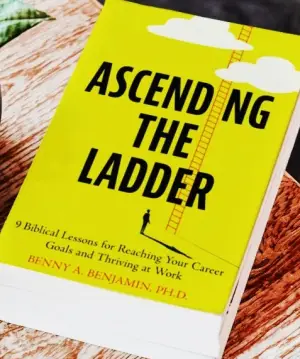Review of "Dirty Kitchen: A Memoir of Food and Family" by Jill Damatac
From the moment I stumbled upon Dirty Kitchen, something about Jill Damatac’s journey pulled me in. Perhaps it was the promise of tantalizing Filipino recipes intertwined with deep, personal narratives that spoke to the heart of belonging and identity. In a world where food often serves as a bridge between cultures and experiences, Damatac transforms her kitchen into a sanctuary—a space where history, trauma, and resilience simmer together.
At its core, Dirty Kitchen is an evocative blend of memoir, food writing, and colonial history. Damatac takes us through her life as an undocumented immigrant, bravely chronicling her struggles with poverty, familial trauma, and the violence that often accompanies such experiences. The weight of her narrative is palpable as she shares her decision to self-deport to the UK after two decades of living in the shadows. It’s a powerful reminder of the complexities surrounding immigration, evoking empathy and reflection in equal measure.
What makes this memoir so compelling is Damatac’s ability to intertwine personal tales with cultural history, revealing the rich tapestry of Filipino heritage that has shaped her identity. Through evocative storytelling, she explores the notion of survival and self-recovery via the act of cooking, breathing life into each recipe she shares. As she writes, “I document myself into existence,” and it’s this urgency that resonates throughout the pages, striking a chord with anyone who has ever felt unseen.
Damatac’s writing style is both lyrical and unflinching. She does not shy away from the painful realities of her past, yet her words dance with grace and understanding. Rave reviews liken her prose to a “blue fire,” illuminating the complexities of her experience while still inviting us to sit at her table. One particularly haunting line states, "this is not an easy memoir, nor should it be," encapsulating the rawness of her journey and the unvarnished truths within.
The book is peppered with powerful testimonials from established authors, all echoing the sentiment of Damatac’s bravery and brilliance. For instance, Jose Antonio Vargas praises her work as a “bravura juggling act of genre,” while Elaine Castillo hints at the layered meanings within her food narratives. Each quote adds another layer to our understanding of Damatac’s work, making it clear that this is not just a memoir but a significant cultural exploration.
Dirty Kitchen is a feast for those who find solace and understanding through food. It will particularly resonate with anyone grappling with their identity or seeking a deeper connection to their cultural heritage. Whether you’re a foodie, a memoir enthusiast, or simply a reader yearning for an authentic voice, this book has something for you. As I closed the final pages, I found myself inspired not only by Damatac’s courage but also by the healing power of sharing our stories—even when they are wrapped in the spices of trauma and resilience.
In essence, Jill Damatac invites us to pull up a chair to her table, offering not just food but a narrative that nourishes the spirit. After reading Dirty Kitchen, I felt not only fed but also deeply connected to the stories that shape us all.
Discover more about Dirty Kitchen: A Memoir of Food and Family on GoodReads >>







